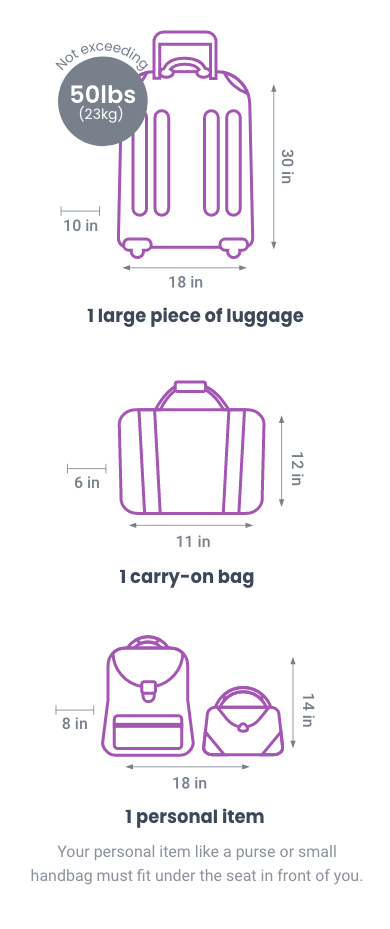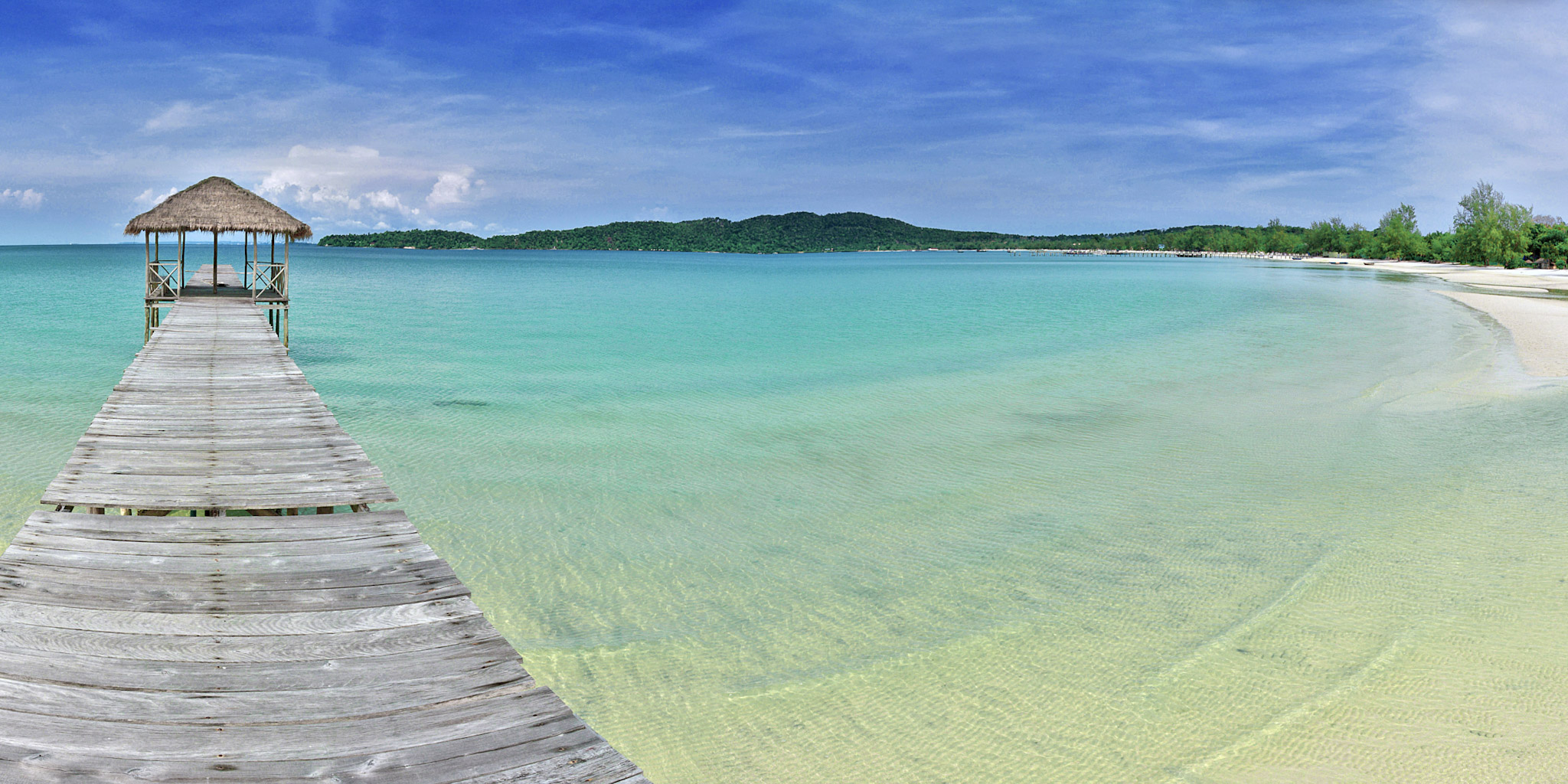About Cambodia
Overview
Experience the wonder of Cambodia, with its magnificent ancient temples, mystical culture and spectacular beaches. Whether you’re exploring the ancient ruins of Angkor Wat, paddling around the floating villages of Tonle Sap, or bartering at the vibrant city markets, you will be surrounded by centuries of folklore and tradition as you experience exciting adventures of your own.
Capital City: Phnom Penh
Population: 16.95 million (2021 est.)
Currency: Cambodian Riels
Time Zone: Indochina Time - (GMT+7)
Emergency Number: 119
Outlet: Type A/C and G
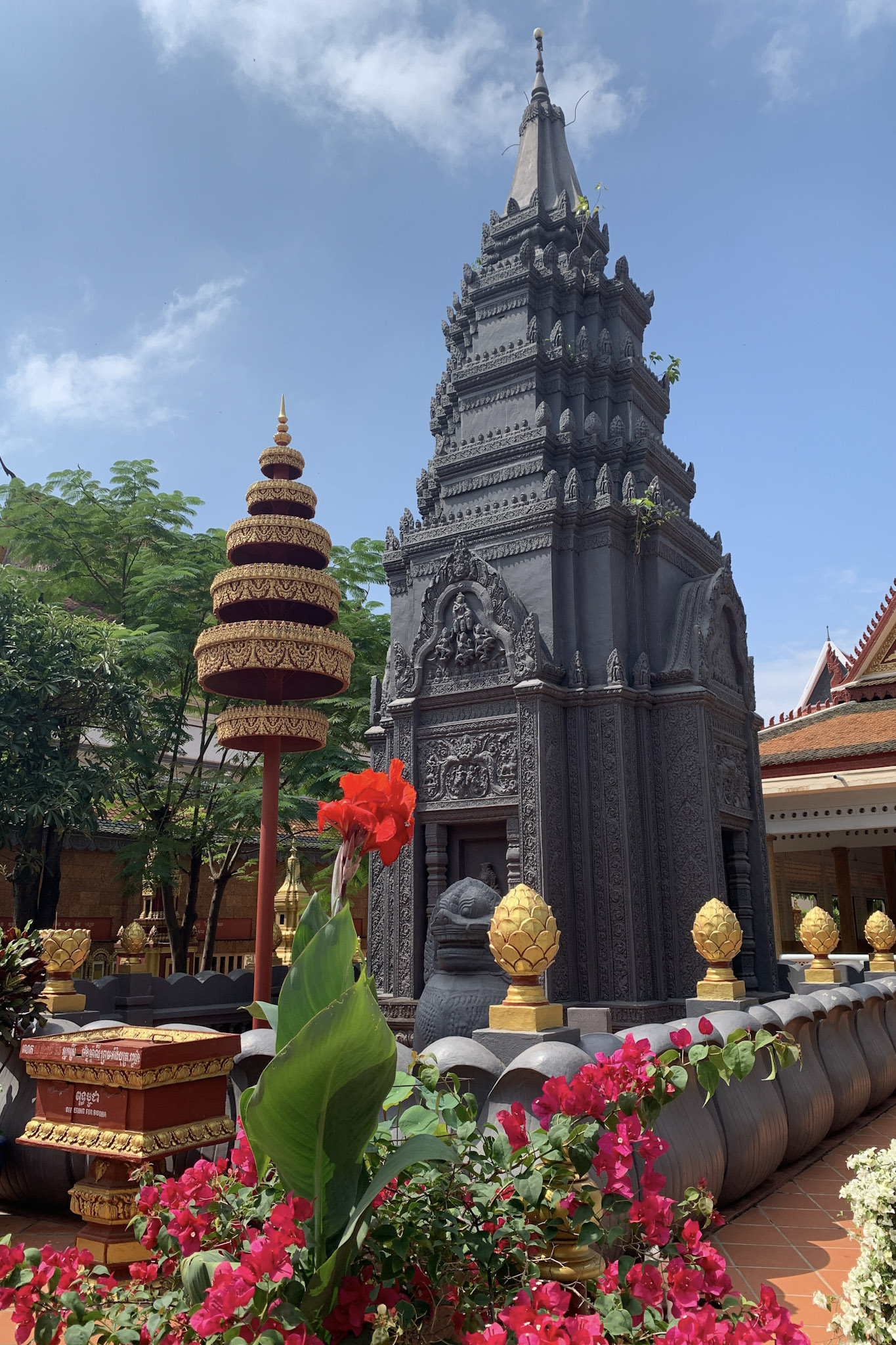
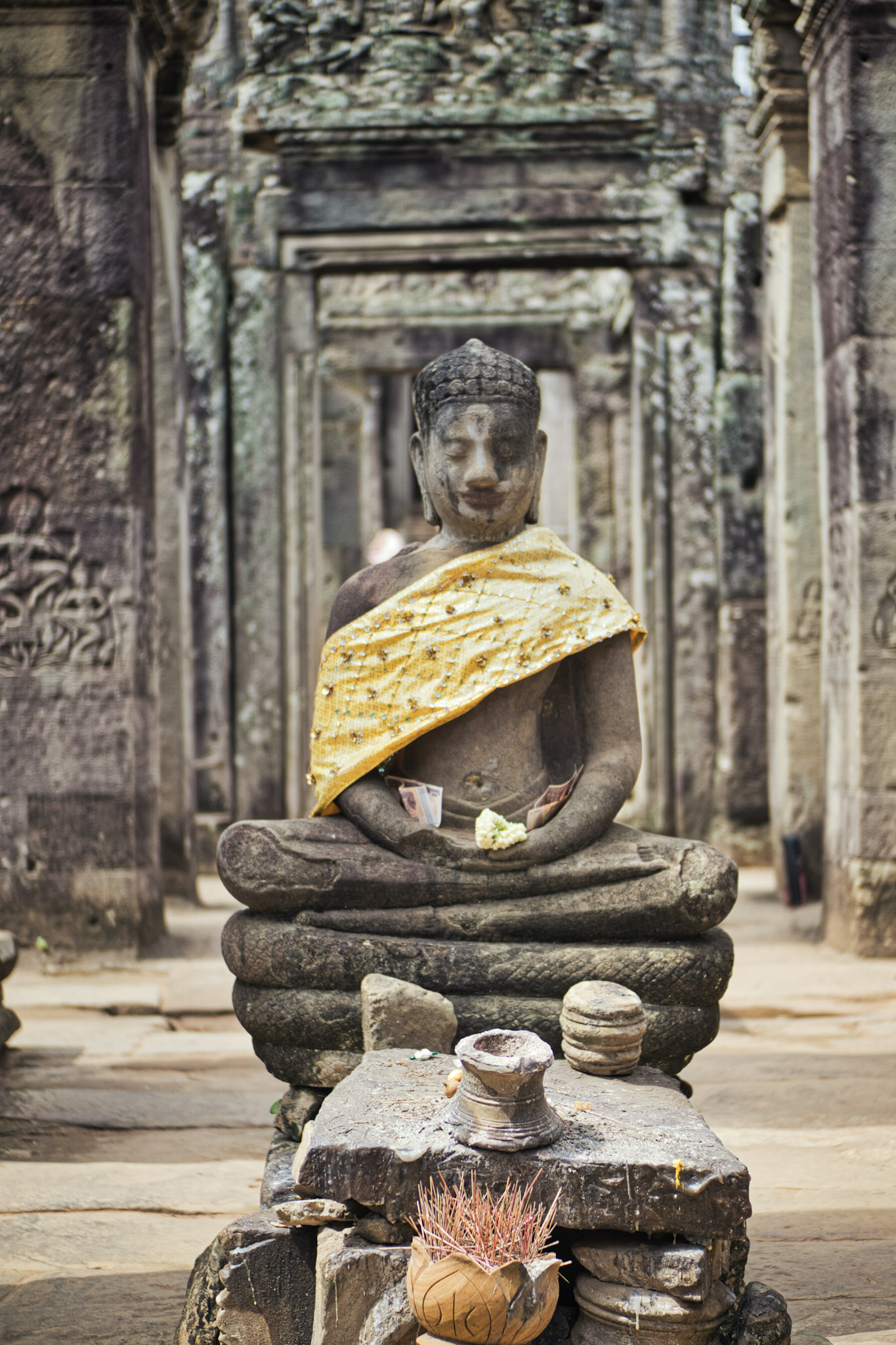
Packing List
Speak the Language
Khmer is the official language of Cambodia
- Hello - Chom reap sour (formal) / Susadei (informal)
- Goodbye - Chom Reap Lear (formal)/Leahaey (informal)
- What is your name? - Chhmua ei?
- Yes - Bah (male)/ Jah (female)
- No - Ot teh
- My name is ____ - Knyom Chhmua
- Good night - Selamat malam (s’lah-mawt maw-lahm)
- Thank you - Saum Arkoun
- How are you? - Anak sokhasabbay te
- I’m fine, thank you - Khnhom sokhasabbay te akoun
- Sorry/Excuse me - Som dtoh
- How much? - Bo man?
- Delicious - Chhnang
- Check, please? - Som ket loy?
Google Translate: Download the Google Translate app or click here
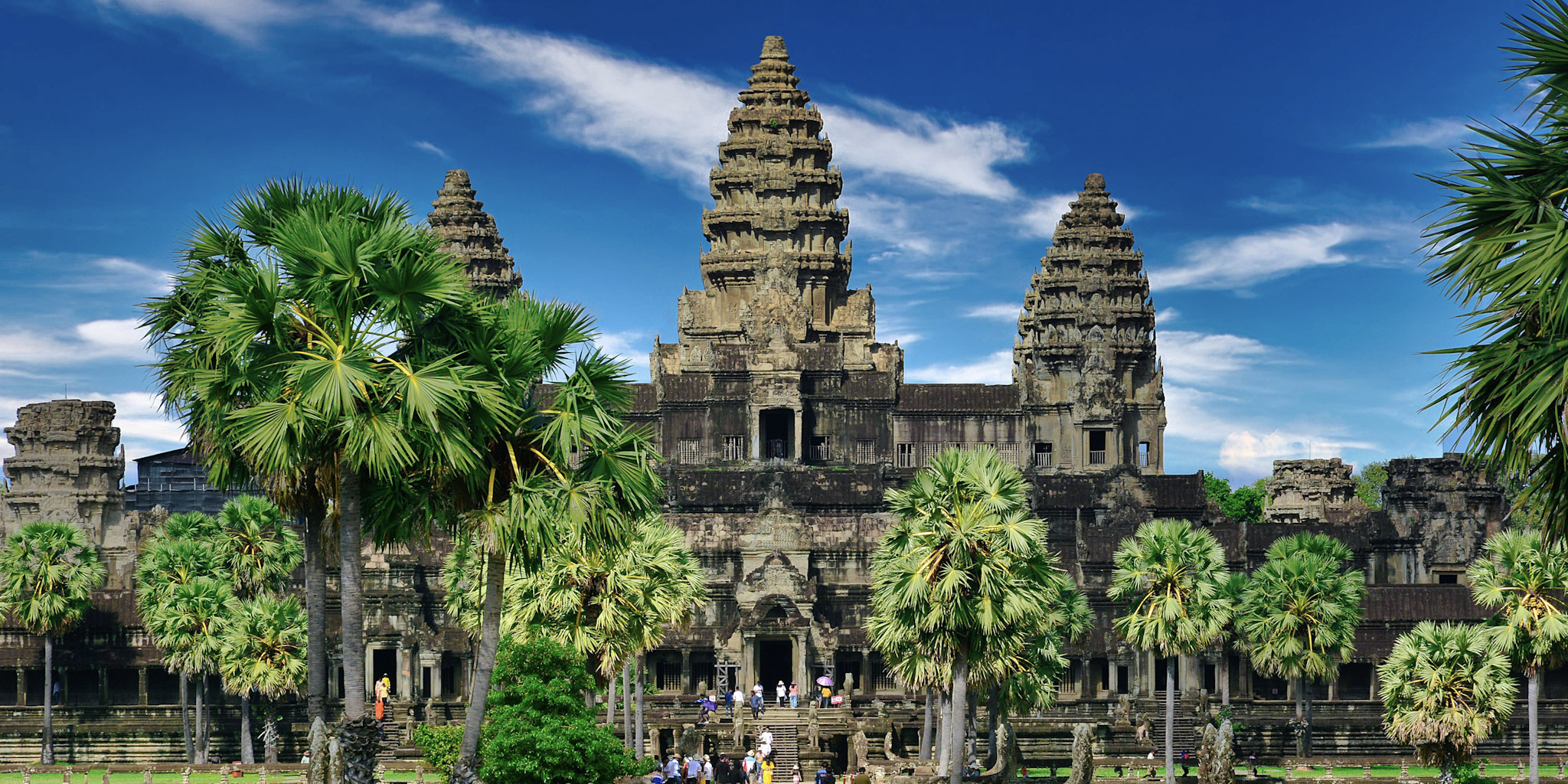
Weather
PHNOM PENH WEATHERCulture Notes
- The feet are considered to be the dirtiest and least sacred part of the body. You will see almost every tourist and local in Cambodia wearing flip-flops on a daily basis and that's because it's customary to slip your shoes off when entering a place—not just someone's house or a hostel. You'll be expected to take your shoes off at temples and many restaurants, too.
- Don't point your feet at people, especially at images of Buddha, and don't allow people to see the bottoms of them. Even putting your feet on the seat opposite of you is a bad idea.
- Although many tourists wear shorts, the locals tend to cover as much skin as possible. Avoid wearing T-shirts with religious themes (images of Buddha or Hindu deities). Cover your shoulders and wear pants or a long skirt, when visiting temples.
- Cambodians are conservative and may frown upon public displays of affection.
Tipping
Tipping Suggestions: Tips for Guides, drivers and restaurants are not included. Tips provide supplemental income, and, while not mandatory, are greatly appreciated. If the local teams have added to the experience, please reward them.
| Guides | USD $5 per person/per day | |
| Drivers | USD $5 per person/per day | |
| Restaurants(full service) | USD 10% of the total bill |
FAQ
Where can I find information on travel safety? Check out the US Department of State's website for the most up-to-date information on safety while traveling.
Is the water safe to drink? We recommend against it. Although the tap water in Phnom Penh and Siem Reap claims to be treated, probably a safe bet to stick to bottled, purified, and filtered water.
Do I need a Visa? For Visa information, click here. Make sure your passport is valid for at least six months after you return home and has two or more blank pages. Otherwise, some countries may not let you enter.
What about vaccines? For vaccination information, click here.
Do you recommend travel insurance? While not required, we highly recommend that all travelers get travel insurance for their trip to protect themselves from the unknown! Check out travel insurance options from our partner, worldnomads.com, or from a provider of your choice.
How much should I pack? As we will be using shared transfers and spaces throughout our tour we recommend all travelers pack as lightly as possible. Please review our luggage restrictions below.
What does public transportation look like? In the larger cities taxis, tuk-tuks, and motorbike taxis are readily available.
Is Uber or Lyft available? Uber launched in Cambodia back in 2017 but was acquired by Grab.
Luggage Restrictions
.jpg)
